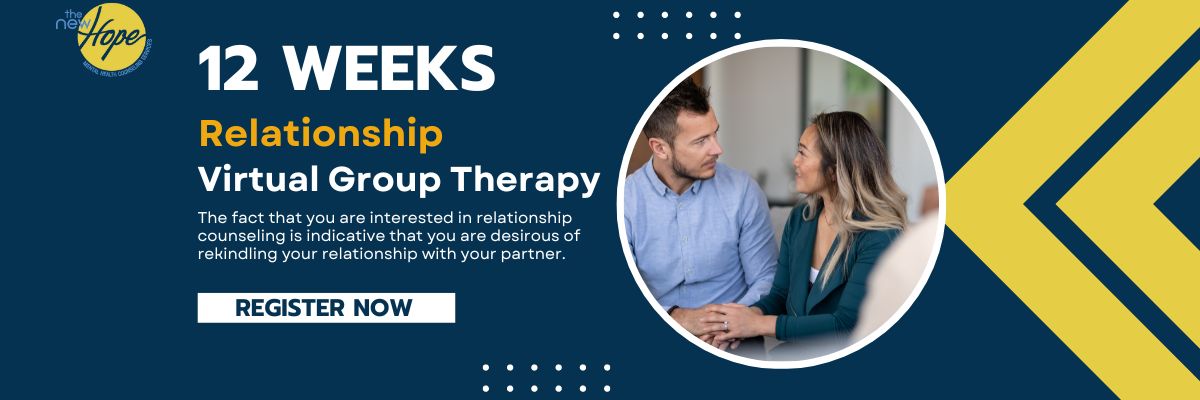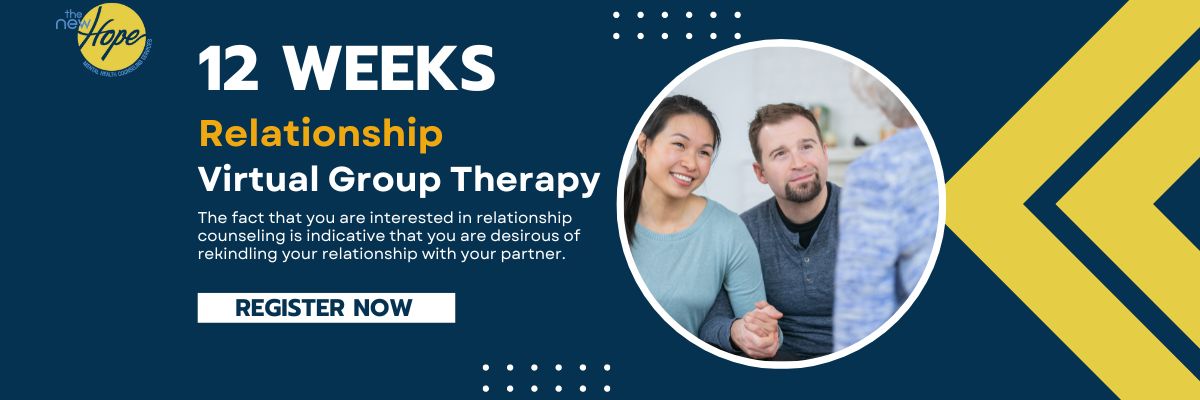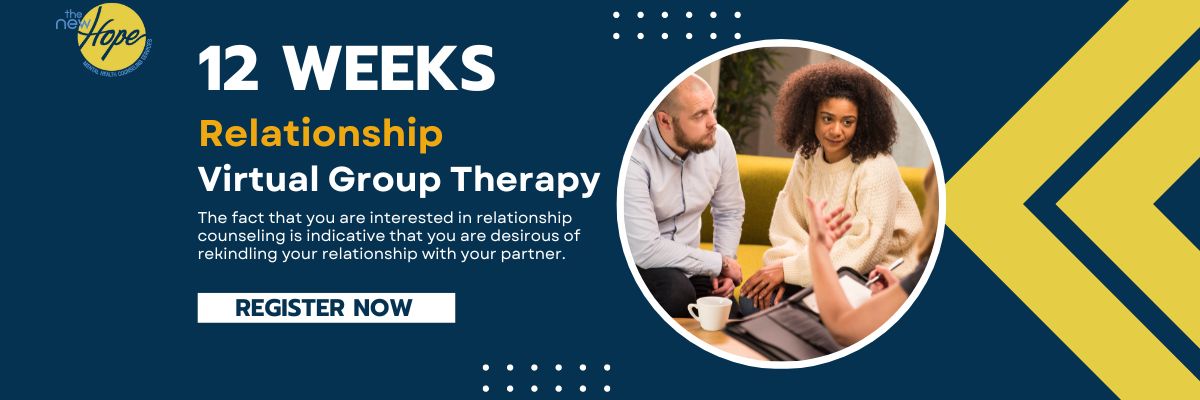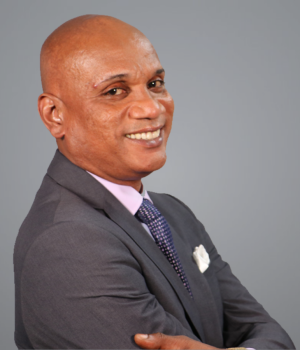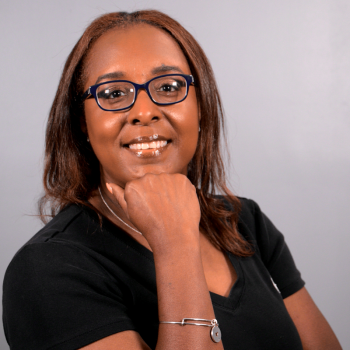Relationship Counseling Virtual Group Therapy
Working with couples seeking relationship counseling over the years we have noticed that the most common complaints in their sessions are often: “We are so disconnected,” or “we don’t communicate as we used to,” or “I feel alone in this marriage.” One thing for sure is that your relationship started off very well, but things changed; life got busier, children were introduced to the union, and each of you began to give less attention to nurturing their relationship.
Less nurturing means less emotional and physical availability and accessibility resulting in irritability, communication breakdown, and ultimately leading to you feeling disconnected in your relationship. However, we want you to notice it is the relationship stress that is causing you to feel the disconnection. You are not necessarily romantically disengaged from each other; otherwise, you will not be thinking about therapy. The fact that you are interested in relationship counseling is indicative that you are desirous of rekindling your relationship with your partner.
